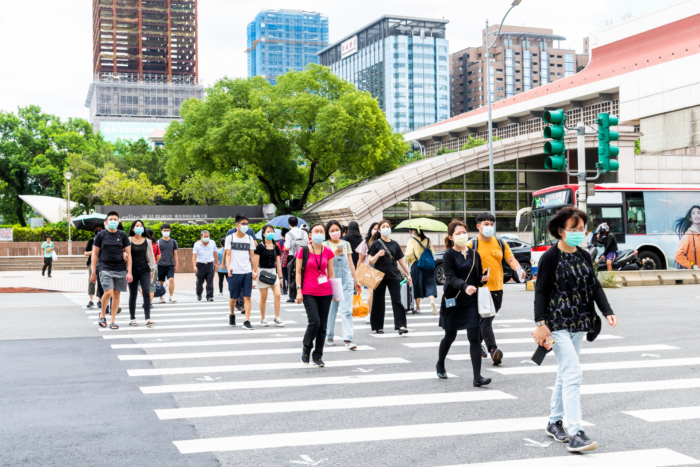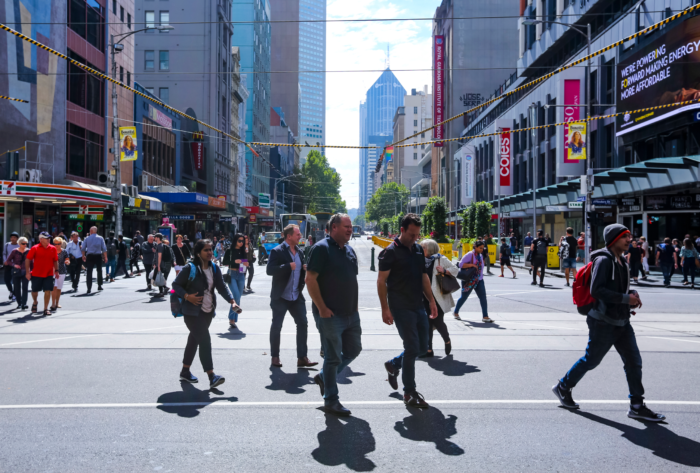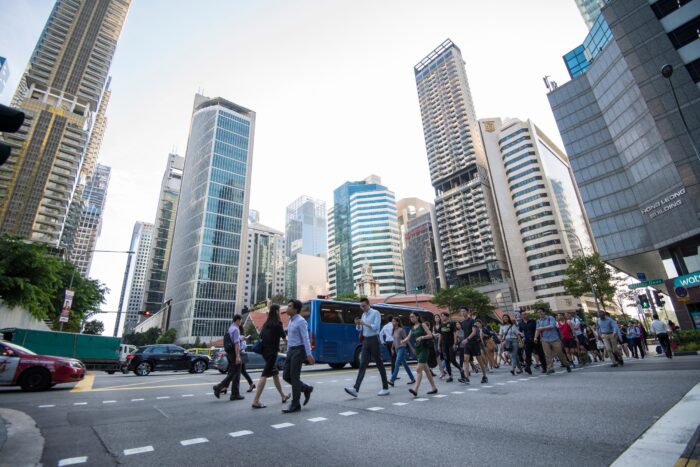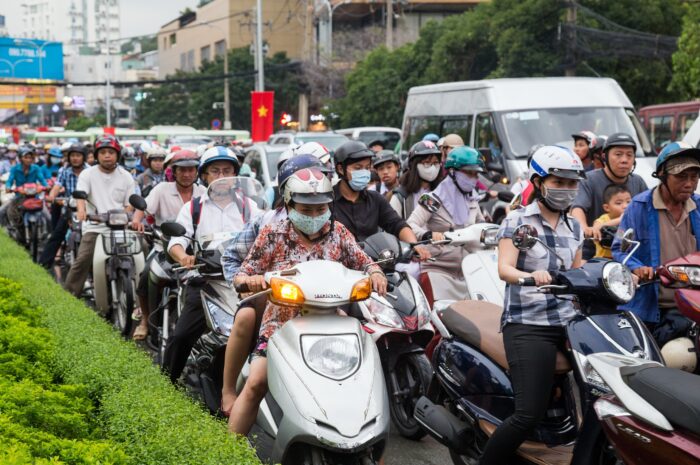Workplace giving programmes may help reach philanthropy goals

The Australian government believes more efforts can be made to encourage workplace giving and make it a key component of national philanthropic goals.
More employees in South Korea took parental leave in 2021

Fathers who took parental leave account for 24.1%, up 1.5 percentage points from the previous year, reflecting changes in social norms.
Ten key sectors targeted to receive skills training in the Philippines

The Department of Labour and Employment (DOLE) plans to align education requirements with relevant agencies to equip citizens with the skills they need.
Employees in Taiwan less optimistic about pay raise in 2023

A survey in Taiwan cited a weaker economic growth and employment outlook next year as the reasons for the downbeat sentiment.
Employers in Malaysia can choose not to offer flexible work

Instead of enforcing flexible working hours, the amendments proposed for the revised employment act are aimed at increasing employee productivity.
Employers in the Philippines reminded to pay 13th-month wages

Failure to do so by December 24 may result in legal consequences, warned the Philippines’ Department of Labour and Employment (DOLE).
Malaysia to provide more guidelines on implementation of flexible work

The Malaysia government is collecting feedback from related agencies on the revised act that promotes flexible working hours.
Tech roles a top career choice for Gen Z graduates in India

Employers who provide the right value proposition to Gen Z employees are more likely to be able to retain them in their first job for more than two years.
Employees in Melbourne commute less frequently to city for work

Most employees still work two days a week or more from home, the Melbourne CBD Return to Office Survey for December found.
Inadequacy in tech capabilities hindering support of hybrid work

Organisations risk low morale among employees if they fail to invest in technologies to support their hybrid working strategies.
Growth of Singapore’s employment market expected to slow down

While employment continued to grow in Q3’2022, the Ministry of Manpower expects this momentum to be stunted in the months ahead.
Individualised approach to leadership can help managers succeed

Managers should implement individualised consideration to meet the divergent needs of employees, says new research from MIT.
Is remote work stymieing business innovation?

Working from home jeopardises vital in-person collaboration and creates conflict between employers and employees, said entrepreneur James Dyson.
Vietnam mandates firms to issue year-end bonuses

Employers are also encouraged to roll out policies to encourage workers to return to work after the celebration of Tet, the Vietnamese New Year.
AWS: Workplace innovation starts with dissatisfied employees

Those who are curious about how the world works and their role in it are likely to innovate at the workplace, said CEO Adam Selipsky.
Work-life balance not the top priority for younger employees in Singapore

Unlike their more experienced counterparts, younger employees will choose more income over having more free time.
Creating a fair and sustainable workforce in Asia Pacific

Employers and employees must work together to adapt to new ways of working in a rapidly changing and evolving economic environment.
Employers in Australia urged to close gender pay gap

The factors that weigh on unfair compensation include discrimination, bias in hiring, and having more men in senior management roles.
Cultivate high-performing employees with a people-first approach

To allow employees to thrive in a hybrid environment, organisations should design work models around the needs of their workforce.
Leaders in Malaysia urged to invest in upskilling workforce

10 million workers, or 60% of Malaysia’s workforce, will need to be retrained and upskilled over the next five years.
Why eradicating workplace harassment must be a priority

If left unchecked, workplace harassment can negatively impact employees’ mental health and hurt the bottom line of organisations.
SMEs rank survival and expansion as top challenges

Talent acquisition and retention is also one of the biggest challenges faced by SMEs around the world, reported the World Economic Forum.
SMEs in South Korea more likely to hire temporary employees

Compared to large organisations, about four in 10 employees working for organisations with less than 300 staff are non-regular workers.
Improving the hybrid work experience by redesigning offices

Organisations in APAC are looking to create an office work environment that will appeal to employees who prefer to work remotely.
Increase in remote work drives businesses to move out of Tokyo

In addition to achieving increased productivity, relocation also ensures business continuity in the event of a major disaster occurring in the city centre.
Career trends that will shape the workplace in 2023

Among the career trends that are expected to gain traction next year are flexible work arrangements, and four-day work weeks.
WFH policy in the Philippines spurs demand for office spaces

More businesses in the Philippines are expanding to provincial locations and establishing offices outside Metro Manila.
Wages prove that paper qualification matters in Singapore

The average starting salary of a university graduate is now almost twice that of an ITE graduate, and this gap persists over their lifetimes.
Workplace harassment continues to impact employees in Australia

Employers must do more to eradicate workplace harassment in their organisations, said the Australian Human Rights Commission.
Low-income workers hardest hit by drop in global wages

Driven by raising inflation, the decline in wages marks the first instance of negative growth this century, said the ILO.
